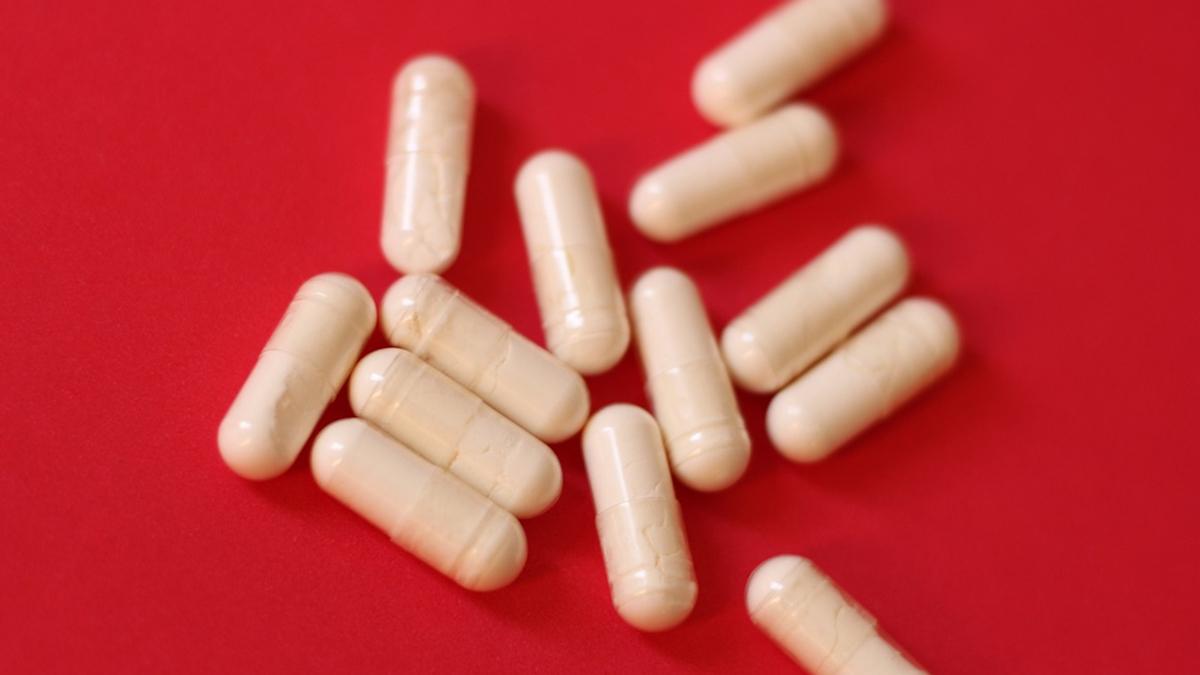J&J plots filings after psoriasis drug clears phase 3 test

Johnson & Johnson has moved a step closer to filing a potential first-in-class therapy for psoriasis after the drug hit the mark in a phase 3 trial.
Once-daily oral IL-23 inhibitor icotrokinra (formerly JNJ-2113) – which J&J licensed from Protagonist Therapeutics in 2017 – hit both its main efficacy objectives in the ICONIC-LEAD trial, which enrolled adults and adolescents 12 years of age and older with moderate to severe plaque psoriasis.
Top-line results show that 64.7% of patients achieved clear or almost clear skin measured using the Investigator's Global Assessment (IGA) scale (a score of 0 or 1) at week 16, while 49.6% showed a 90% or greater improvement on the Psoriasis Area and Severity Index (PASI) scale at that time point.
After 24 weeks, those proportions reached 74.1% and 64.9% respectively, with the tolerability profile of the drug consistent with the phase 2 FRONTIER 1 and 2 studies reported last year.
There was little difference between icotrokinra and placebo on safety, with 49.3% of those on the IL-23 inhibitor and 49.1% of the placebo group reporting a treatment-emergent adverse event (TEAE) at week 16.
J&J, meanwhile, also reported topline results from another phase 3 trial called ICONIC-TOTAL that it said showed icotrokinra met the primary endpoint of an IGA score of 0/1 at week 16 compared to placebo.
J&J is hoping to show that the peptide drug can be a more patient-friendly alternative to injectable biologics for plaque psoriasis, including drugs working on IL-23, such as J&J's own Tremfya (guselkumab), AbbVie's Skyrizi (risankizumab), and Sun Pharma's Ilumya (tildrakizumab).
If it reaches the market, JNJ-2113 could extend J&J's psoriasis franchise, currently represented by injectable IL-12 and IL-23 inhibitor Stelara (ustekinumab) – which made $2.75 billion in sales last year, but is now facing biosimilar competition – and follow-up Tremfya, which contributed $910 million.
"We are excited to see impressive phase 3 results with once-daily icotrokinra treatment aligned with our Phase 2 study of this first-in-class targeted oral peptide that selectively blocks the IL-23 receptor," said Liza O'Dowd, J&J's immunodermatology disease area lead.
"The majority of people living with moderate-to-severe plaque psoriasis are eligible for, but are still not receiving, advanced therapies," she added.
"Icotrokinra has the potential to offer once-daily oral therapy that could help address the needs and preferences of people living with plaque psoriasis."
J&J said it will share the data at a forthcoming medical conference and is also planning to submit it to regulators.
If approved, it will compete with Bristol-Myers Squibb's TYK2 inhibitor Sotyktu (deucravacitinib), which has seen impressive sales growth since launch, thanks to its oral dosing and efficacy that rivals the injectable treatments for moderate to severe plaque psoriasis.
J&J is already preparing to go head-to-head with its rival. The company has another pair of phase 3 trials on go – INONIC-ADVANCE 1 and ICONIC-ADVANCE 2 – which are comparing icotrokinra to placebo and Sotyktu, respectively, in moderate-to-severe psoriasis.
Sotyktu was approved by the FDA in September 2022 and made revenues of $163 million in the first nine months of this year - up more than 50% on the same period of 2023. It has been tipped as having multibillion-dollar sales potential if it gets approved across several indications, with studies on the go in psoriatic arthritis, lupus, and Sjögren's syndrome. J&J, meanwhile, is also running a phase 2 trial of icotrokinra in ulcerative colitis.
Image by Daniel Dan outsideclick from Pixabay












